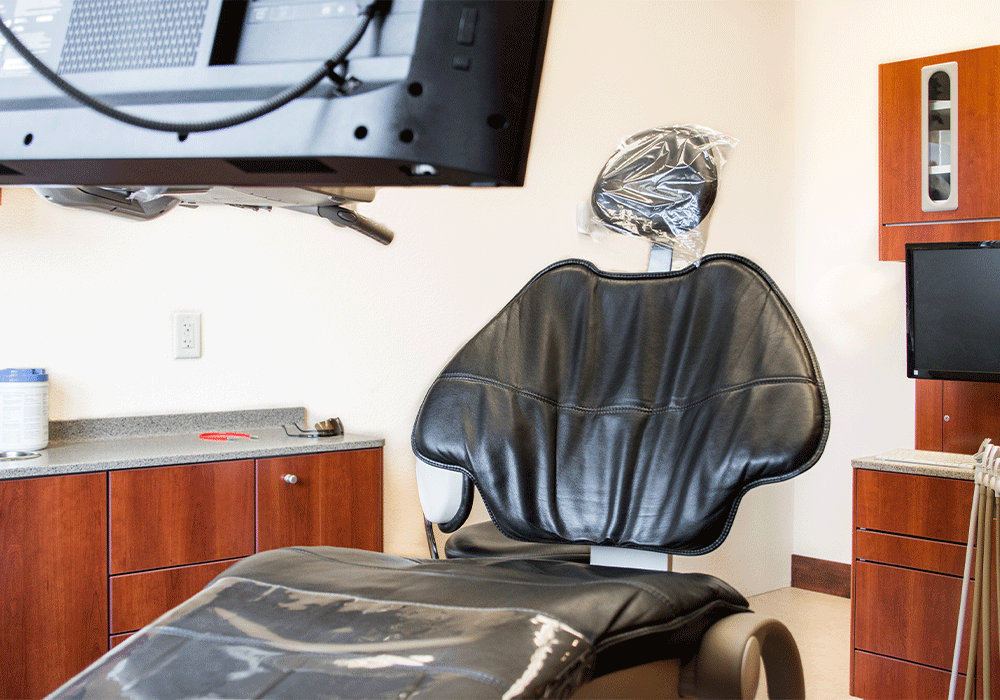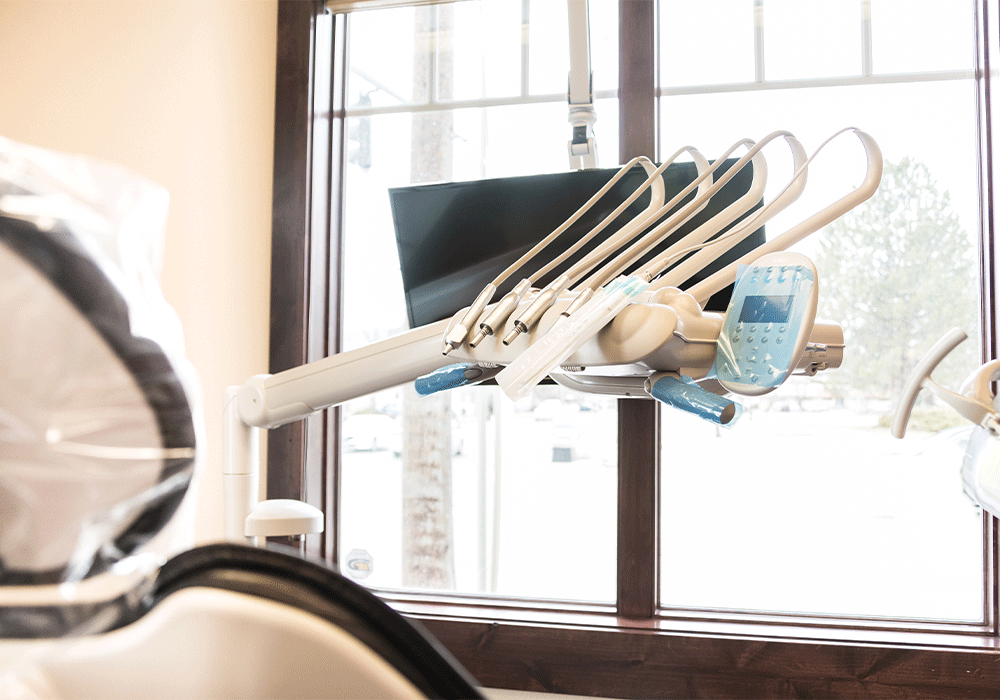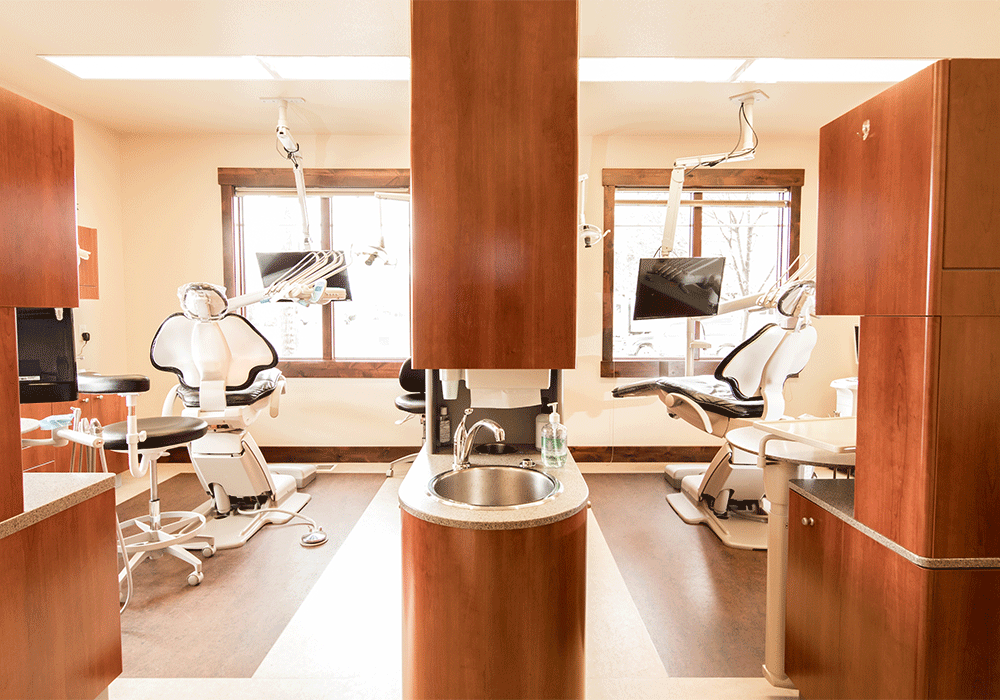Comprehensive, Friendly Dental Care
A Modern Dental Practice Centered Around You
Preventative Dental Care
General dentistry, or preventive care, encompasses a wide range of services and treatments to maintain and improve your oral health. This includes regular check-ups and maintenance, emergency dentistry, fillings and sealants, periodontal disease (gum disease) management, and more. At Montana Dental Arts, we offer comprehensive care to ensure all your dental needs are met. To learn more about the individual services we provide, please explore below.

Restorative Dentistry
At Montana Dental Arts, we understand the importance of maintaining a healthy mouth and a beautiful smile. Our experienced dental team uses advanced tools and techniques to provide restorative dental care, including dental implants, dentures, tooth extractions, root canals, and more. We strive to ensure the best possible outcome and your highest level of satisfaction.

Cosmetic Dentistry
Cosmetic dentistry can provide you with the confidence to show off your smile, even if you suffer from crooked, misshapen, misaligned, gapped, or discolored teeth. These treatments are designed to give you fast and effective results with minimal discomfort and no lengthy recovery period. Cosmetic dentistry will dramatically improve the appearance of your teeth.

Specialty Services
At our practice in Missoula, MT, we take pride in being experts in nearly every type of dental care. However, we have become especially known for a few services in particular, such as dental implants, dentures, tooth extractions, clear braces, and emergency dentistry. Learn more about these specialties below.

Montana Dental Arts
At Montana Dental Arts, we have cultivated a welcoming atmosphere and use the latest technology to create the best dental experience for every patient. We love meeting new patients and being a one-stop shop for all of your dental needs. Our office provides affordable dental care to anyone in Missoula, MT, and the surrounding areas.

